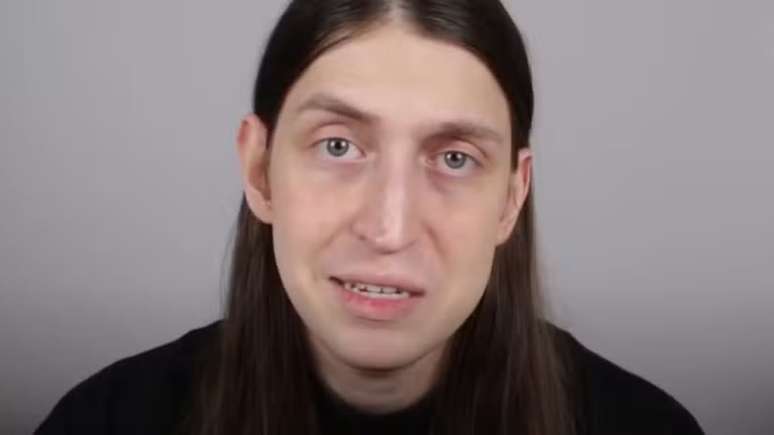The expert sleep psychiatrist talks about the causes and main symptoms of nighttime anxiety and gives tips for good sleep
Problems related to sleep (or lack thereof) affect around 40% of the world’s population. According to data released by World Health Organization (WHO), four out of ten people do not have good quality sleep. Sleep specialist psychiatrist doctor Joao Gallinaroexplains that mental disorders can contribute to lack of sleep.
How does nighttime anxiety affect sleep?
“The term night anxiety can be used to characterize a type of anxiety that occurs at night, for those who enter a state of worry, tension, and apprehension during the night. But there is also a type of insomnia called psychophysiological insomniacharacterized by an anxiety about the act of sleep, it also occurs in the moments preceding sleep, but in this case the person is extremely anxious because he thinks he will not be able to sleep”.
The doctor explains that the person is worried because he is afraid of not falling asleep and waking up in the middle of the night. Then, she thinks about the consequences of a poor night’s sleep for the next day, which may make her unable to relax.
anxiety x insomnia
Anxiety or insomnia: Have you ever stopped to think about which comes first? The doctor. João says that, indeed, it is difficult to identify which of the two comes first. In most cases, anxiety and insomnia are associated symptoms.
“When we see an anxious person, very worried and who is in a constant state of alert, this person probably has difficulty sleeping, just as those who have insomnia and sleep badly also develop anxiety, this happens because even the centers that regulate sleep ‘anxiety are reactive sleep badly’, adds.
Watch for signs: As the sleep specialist explains, the main symptoms are worry, ruminating about problems, excessive thinking, inability to relax, muscle tension, rapid heartbeat, shortness of breath, and sweaty palms during the night. They can be associated with sleep and worrying about not being able to sleep.
How many hours of daily sleep do you need?
It is important to pay attention to the hours of sleep per day. Sleep well? To answer this question, pay attention to your sleep and wake times. The doctor. João Gallinaro clarifies that, generally, what is recommended for people of adulthood is to sleep between 7 and 9 hours a night.
Tips for good sleep: create healthy habits
The doctor explains that there are many strategies that help you sleep well at night. Waking up at the same time every day is one of them, because it sets a rhythm for your body and makes bedtimes at night a little more predictable. Thus, the organism knows the time it wakes up and the time it sleeps.
For nap lovers, you need to unfasten them. One of the habits that makes it difficult for us to sleep at night is them, so dear to many during the day.
“We should also reduce the consumption of stimulants such as caffeine during the afternoon and evening, – between 6 and 8 hours before bedtime – because they can make it difficult to fall asleep. Physical activity is also important, but practiced for at least 3 hours before bedtime, as it can also affect sleep.”
“It’s good to be exposed to the sun during the day and to avoid light exposure at night, so electronic devices like cell phones, tablets, computers, and televisions that emit some kind of light end up interfering with melatonin production, which is the sleep hormone. It is also pertinent to create better habits in the moments before sleep, such as making tea, reading, meditating and things that will help you in the relaxation process”, the doctor finishes.
Source: Terra
Rose James is a Gossipify movie and series reviewer known for her in-depth analysis and unique perspective on the latest releases. With a background in film studies, she provides engaging and informative reviews, and keeps readers up to date with industry trends and emerging talents.






